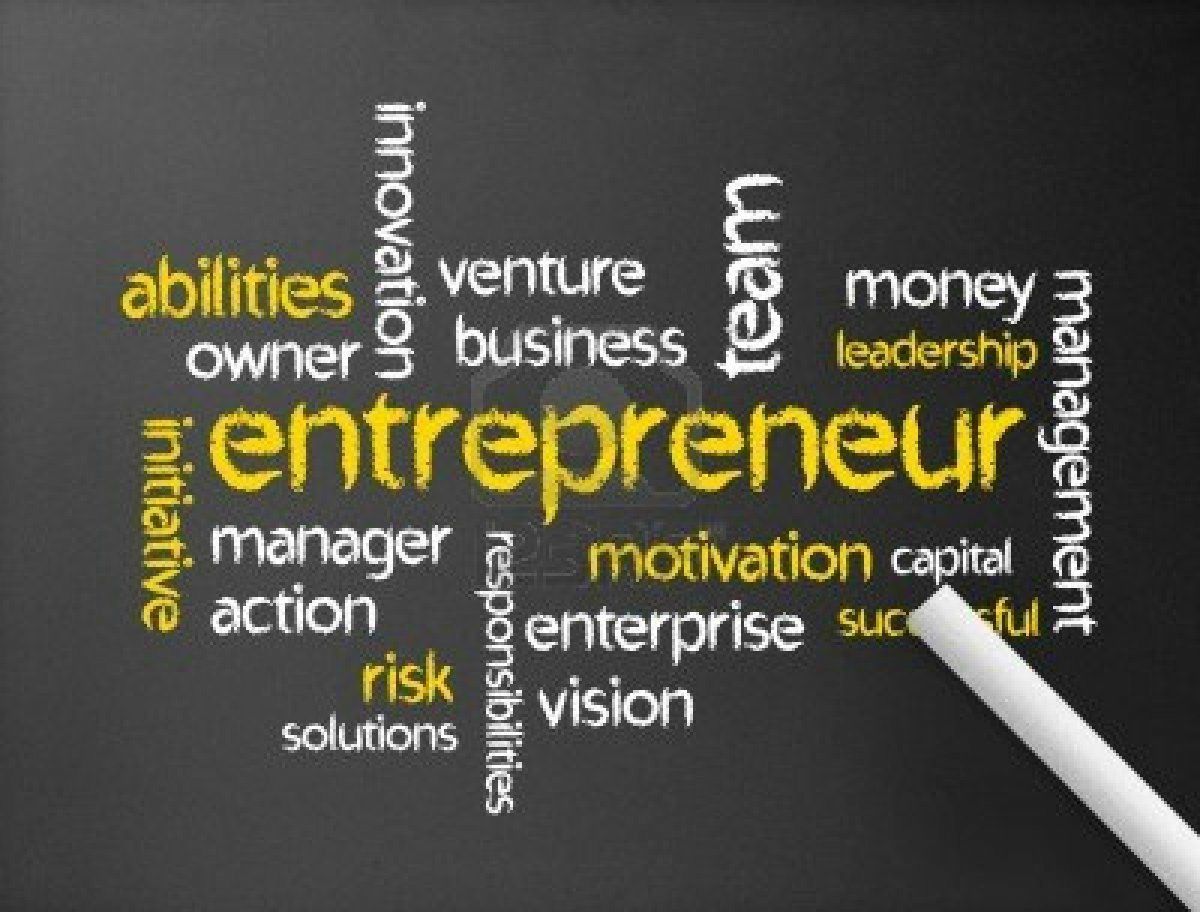As I reflect on my journey through the ever-evolving landscape of job hunting, I find myself in awe of how dramatically technology has transformed our approaches to interviews. Do you recall your first experiences with video interviews? It felt like stepping into an entirely new dimension, didn’t it? This shift isn’t merely a passing trend; it signifies a profound change that is still unfolding. With innovative tools—like AI-driven mock interviews and a vast array of online resources—coaching is now more personalized than ever before.
What truly fascinates me is that these digital tools are making interview preparation not only more accessible but also deeply tailored to individual needs. I think back to my first significant interview and how I relied on traditional methods—just sitting down with a friend, exchanging questions and answers. Nowadays, many of us use apps that provide insightful analyses of our responses, offering immediate, constructive feedback. Can you imagine how much a tool like that could have alleviated the nerves of that pivotal day?
As we look ahead, the technology in interview coaching will only become increasingly sophisticated, crafting strategies that align with individual experiences and aspirations. While I find this development thrilling, it does make me ponder: are we at risk of losing that invaluable human element in coaching?
Emphasis on Soft Skills and Cultural Fit
Reflecting on my early career, I often felt that the spotlight was mainly on technical skills and hard qualifications. However, I’ve noticed a significant shift toward recognizing the importance of soft skills—traits like empathy, adaptability, and communication. Have you noticed how frequently job descriptions now mention “cultural fit”? It feels like an unspoken acknowledgment that how we harmonize with a team’s spirit is just as vital as what we bring to the table in terms of qualifications.
This transformation has cultivated a new approach in interview coaching, pushing coaches to guide candidates in expressing their values, beliefs, and interpersonal abilities. Who you are is rapidly becoming just as essential as what you do, a reality highlighted by the rise of behavioral interview techniques. In an interview, employers might ask, “Can you share a time when you resolved a conflict?”—a prompt that invites you to reveal a story showcasing your character and collaborative spirit.
Isn’t it wonderful that coaches can now assist candidates in exploring key themes within their personal narratives that illuminate these vital skills? I often think about how impactful it could be to connect with an interviewer on a more profound level—something we might not have prioritized in our past encounters.
The Importance of Diverse Perspectives
In our increasingly global workplace, one aspect that stands out to me is the immense value of diverse perspectives. Growing up, I was fortunate to participate in cultural festivals that celebrated the rich tapestry of my community. Those experiences instilled in me the significance of inclusivity and understanding—qualities that now infuse the interview coaching process.
Embracing diversity in interview coaching encourages candidates from various backgrounds to showcase their unique viewpoints. This approach not only enriches their personal narratives but also empowers them to confront biases head-on. Isn’t it inspiring to think that the stories we share can dismantle barriers? Coaches now urge candidates to embrace their differences rather than minimize them, a philosophy I wish I had fully embraced during my earlier interviews.
This focus on diversity invites a broader dialogue about who gets to share their narratives and how these stories will shape organizational culture moving forward. It’s invigorating, isn’t it?
Coaching for Remote and Hybrid Work Settings
With many companies now embracing remote and hybrid work models, interview coaching has evolved to prepare candidates for this new reality. I remember my first virtual interview; I underestimated the technical aspects and found myself stumbling over my thoughts during those awkward pauses. Have you ever had a similar experience? It’s a learning curve that the realm of interview coaching is actively addressing.
Coaches are incorporating strategies aimed specifically at mastering remote interactions, covering best practices for virtual body language and maintaining eye contact through the screen. It seems like we’re witnessing the emergence of a whole new skill set before our eyes.
This progress not only equips candidates for the current landscape but also fosters digital literacy skills that will propel their careers forward.
The Role of Networking in Career Development
Throughout my career, I’ve discovered that networking can open doors I never knew existed. As interviews grow increasingly competitive and challenging, the significance of networking within interview coaching has taken on greater importance. How often do you hear someone say, “It’s not what you know, but who you know”? That sentiment resonates strongly and continues to guide the evolution of coaching practices.
Today’s coaching encompasses not only interview preparation but also strategies for cultivating connections. This includes understanding how to follow up after interviews and nurturing relationships within professional communities. Networking has transformed into a vital component of career development. And speaking of connections, have you ever reached out to someone you barely knew, only to find a shared interest or opportunity? Those moments are priceless! Looking to broaden your understanding of the topic? Check out this handpicked external resource to find more information. prepare for amazon interview https://blog.dayone.careers/amazon-interview-preparation-comprehensive-guide/.
By broadening our approach to interviews and intertwining it with effective networking strategies, we can create pathways that not only help clients land jobs but enable them to thrive in their careers.
Expand your understanding of the topic in this article with the related posts we’ve handpicked just for you:
